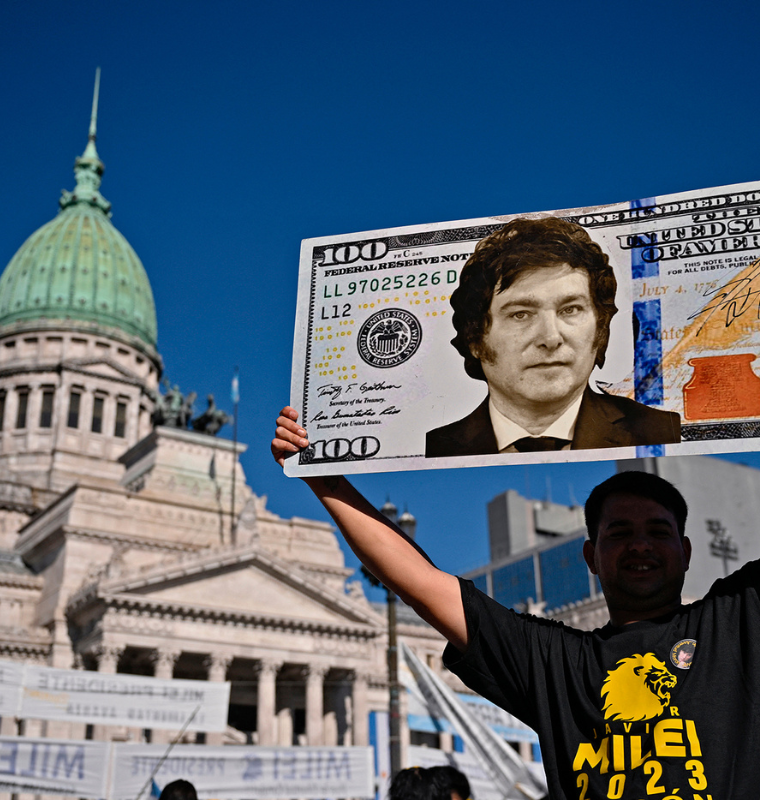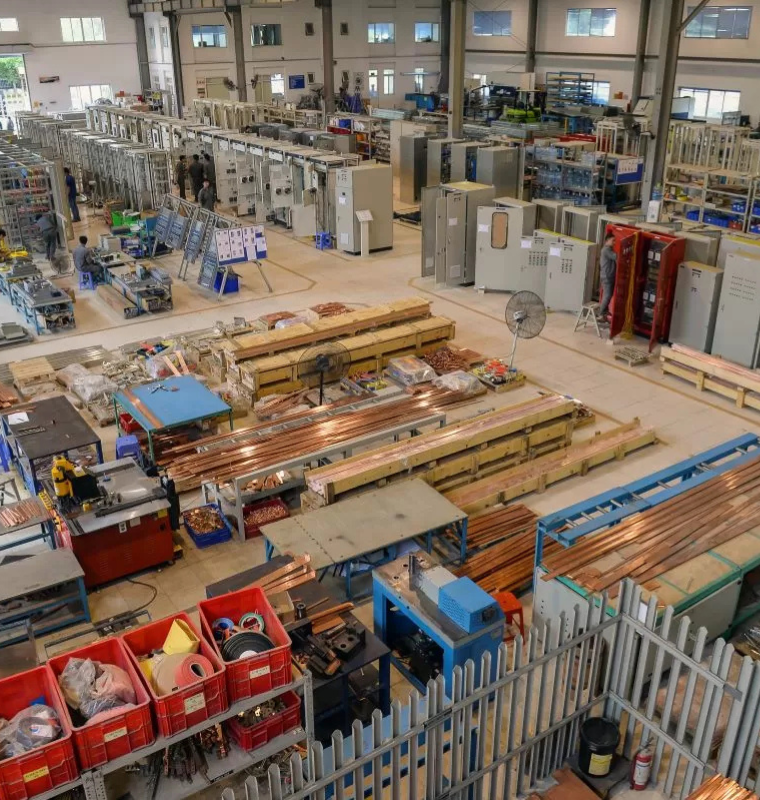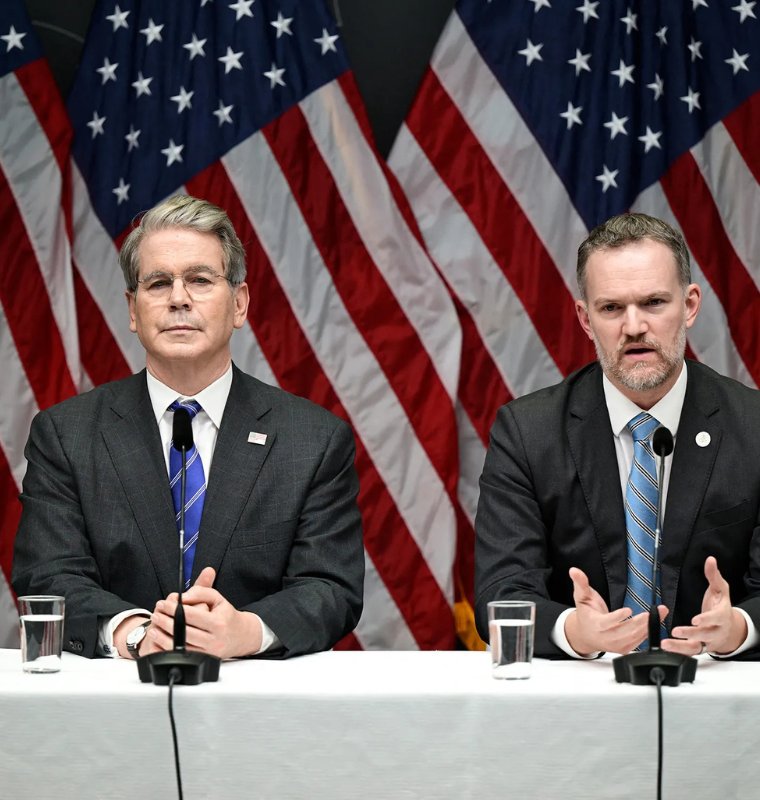Nvidia's Stock Surges as Trump's Deals Fuel Recovery: Joining the 'Magnificent Seven' Comeback
Nvidia's Stock Surges as Trump's Deals Fuel Recovery: Joining the 'Magnificent Seven' Comeback
By
Leah Rosenfeld
Last updated:
May 15, 2025
First Published:
May 15, 2025

Getty Images
Nvidia has made a remarkable comeback, emerging as the latest member of the "Magnificent Seven" stocks to bounce back from recent losses. On Wednesday, the tech giant's shares surged by more than 4%, driven by positive news of a major deal with Saudi Arabia. This upward momentum places Nvidia back in the green for the year, aligning it with other tech giants like Meta and Microsoft that have also managed to recover amid market volatility.
Market Performance Snapshot
On Wednesday, U.S. markets presented a mixed performance:
- S&P 500: Up 0.1%
- Nasdaq Composite: Rose 0.72%
- Dow Jones Industrial Average: Fell 0.21%
The S&P 500 continued its three-day winning streak, while the tech-heavy Nasdaq was boosted by a significant 4.7% increase in AMD shares, following the company’s $6 billion share buyback announcement. Despite this positive momentum, Asian markets, including Japan’s Nikkei 225 and Hong Kong’s Hang Seng Index, experienced declines of around 0.9% and 1%, respectively.
Nvidia's Strategic Move
Nvidia's positive performance can be attributed to a key deal that involves selling over 18,000 of its top artificial intelligence (AI) chips to Saudi Arabia. This development underscores the company's resilience and ability to capitalize on strategic partnerships, even in a challenging global trade environment. The move also highlights Nvidia’s proactive approach to mitigating the effects of U.S. trade policies under President Donald Trump.
Trump’s state visit to Saudi Arabia, which included discussions at the U.S.-Saudi Investment Forum, has been instrumental in shaping this deal. During his speech, Trump praised Saudi Arabia’s Crown Prince and emphasized the importance of bilateral relations. This diplomatic engagement has, in turn, created a favorable business environment for Nvidia and other U.S. companies.
The 'Magnificent Seven' and Market Dynamics
Nvidia's resurgence places it among the "Magnificent Seven" stocks that have been pivotal in driving the S&P 500’s impressive 23.31% gain in 2024. These elite stocks include:
- Alphabet
- Amazon
- Apple
- Meta Platforms
- Microsoft
- Nvidia
- Tesla
However, not all members of this group have fared equally. Nvidia and Apple, heavily reliant on global supply chains, were hit hardest by Trump’s tariffs, while digital service-centric companies like Meta and Microsoft managed to maintain growth. As Nvidia recovers, Amazon, Alphabet, Tesla, and Apple still face year-to-date declines.
Trump's Trade Strategy: A Double-Edged Sword
President Trump’s trade policies, especially his tariff strategies, have been a mixed bag for U.S. tech stocks. Companies like Nvidia that depend on physical products struggled to adapt, while firms focused on digital services found it easier to navigate the changing landscape. However, as Trump continues to forge new trade agreements, the impact on corporate profitability and stock valuations becomes increasingly nuanced.
The deal with Saudi Arabia not only aids Nvidia but also signals a potential shift in how U.S. companies leverage diplomatic ties to secure international contracts. By fostering relationships with Middle Eastern economies, Trump’s administration has opened doors for U.S. tech companies to access new markets and bolster their financial performance.
Investor Sentiment and Future Outlook
According to Steve Cohen, founder of investment firm Point72, the current market dynamics suggest a potential pullback, with stocks possibly revisiting the lows seen in April. Despite recent gains, Cohen warns that volatility remains a concern.
Analysts note that Nvidia’s recovery reflects broader market optimism surrounding AI and semiconductor sectors, especially given the increased global demand for advanced computing power. However, they caution that ongoing trade negotiations and potential geopolitical tensions could introduce fluctuations.
Nvidia’s resurgence amid market uncertainty underscores the importance of strategic deals and global partnerships. As the tech giant solidifies its position among the "Magnificent Seven," investors will be keenly watching how future trade agreements and Trump’s diplomatic efforts shape the landscape for U.S. technology stocks. While Nvidia’s rally is promising, maintaining momentum will depend on how effectively the company continues to navigate the complexities of international trade.
Popular articles
Subscribe to unlock premium content
Fashion Waste and Sustainability in Fast Fashion Are Forcing a Global Industry Reboot

The Rise and Fall of Argentina’s Economy Reflects a Cycle of Promise and Crisis

Vietnam’s Manufacturing Boom Is No Accident and It’s Just Getting Started

Fashion Waste and Sustainability in Fast Fashion Are Forcing a Global Industry Reboot

The Rise and Fall of Argentina’s Economy Reflects a Cycle of Promise and Crisis

Fashion Waste and Sustainability in Fast Fashion Are Forcing a Global Industry Reboot









